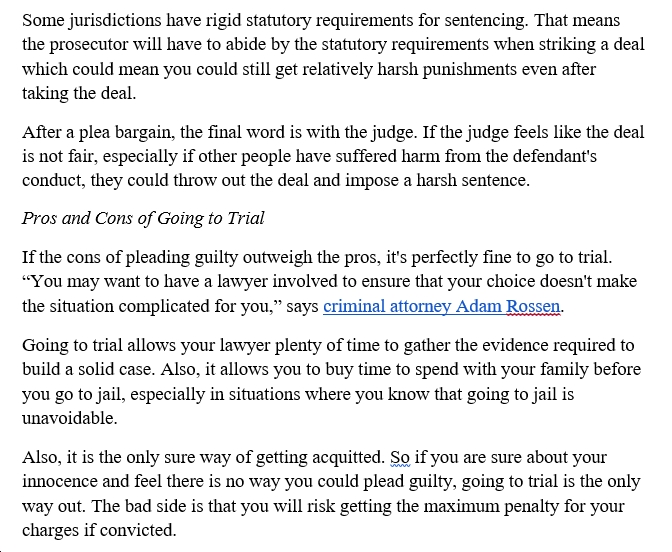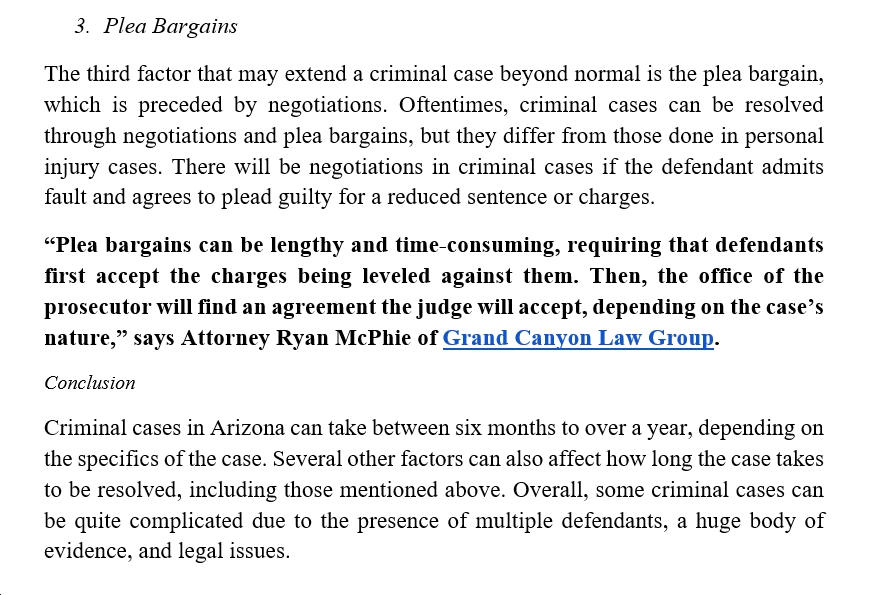SPONSORED CONTENT
Estates and trusts both serve the same primary purpose of distributing assets upon a person’s death. However, they are fundamentally different legal structures and, as such, have different ways of accomplishing this purpose.
Essentially, an estate makes a one-time transfer of asset ownership from an individual to their desired recipient upon the individual’s death. Conversely, a trust is an ongoing transfer of assets from an individual to the trust itself and finally to the chosen recipient upon the trust owner’s death.
What Is An Estate?
An estate includes everything that you solely own before your death. It does not include jointly owned property, held in a trust, or otherwise assigned or entailed. Heirs are individuals that receive part of the estate, such as property or money.
Though estates are often referred to as specific pieces of land, estates in the legal sense are temporary. They only exist as long as it takes to distribute assets after a person dies. The estate ceases to exist once the assets are distributed.
However, this process can last years depending on the complexity of the estate, the number of people involved as potential heirs, and any remaining financial obligations (such as debts or taxes).
How Are Estates Distributed?
Estates are distributed in two primary ways: through a will or by a legal chain of inheritance. Wills usually take precedence over the legal chain of inheritance but can be contested or determined to be invalid.
Wills are legal documents that outline how your assets will be distributed after you die, such as appointing a guardian for any minors under your care.
The legal chain of inheritance refers to the order in which family members and other individuals are eligible to receive assets from the deceased. This is determined per state but may follow a Uniform Probate Code (UPC), which states that close relatives should inherit first.
The chain of inheritance is typically as follows: surviving spouses, children (biological and adopted), grandchildren, parents, siblings, nieces/ nephews, grandparents, aunts, uncles, and then cousins.
What Is A Trust?
A trust is a legal entity that owns and then distributes assets according to the provisions set forth upon its creation or most recent revision.
Trusts exist as separate legal entities from the people who created them, called grantors. When assets are included in a trust, ownership of those assets is transferred to the trust itself— i.e., the grantor no longer owns them.
There are three other primary differences between trusts and estates:
- Trusts can be formed and updated throughout a person’s life
- Trusts will last beyond the grantor’s death until either all the assets are distributed, or terms for the trust’s dissolvement are met
- A trust’s assets can be distributed during the grantor’s lifetime if beneficiaries meet the conditions of the trust
Trusts are overseen by third parties, called trustees, after their creation. Usually, trust and estate lawyers or another form of legal representation, trustees ensure the conditions of the trust are met before beneficiaries can take ownership of the assets.
Breakdown of Estates vs. Trusts
Though both estates and trusts are intended to distribute assets, they do so in very different ways and are structured very differently.
Here are the main differences between estates and trusts:
- Creation – Estates are automatically created after someone dies, whereas a grantor must deliberately create trusts during their lifetime
- Timeline – Estates are a temporary, one-time distribution of assets, whereas trusts are semi-permanent and can distribute assets for long periods
- Asset Distribution – Estate assets are distributed through a will or, in the absence of a will, the legal chain of inheritance; trust assets are distributed according to specific provisions in the trust
So while both are designed to ensure your assets are distributed as fairly as possible after your passing, creating a will or trust will give you more control over how that distribution is carried out.
















